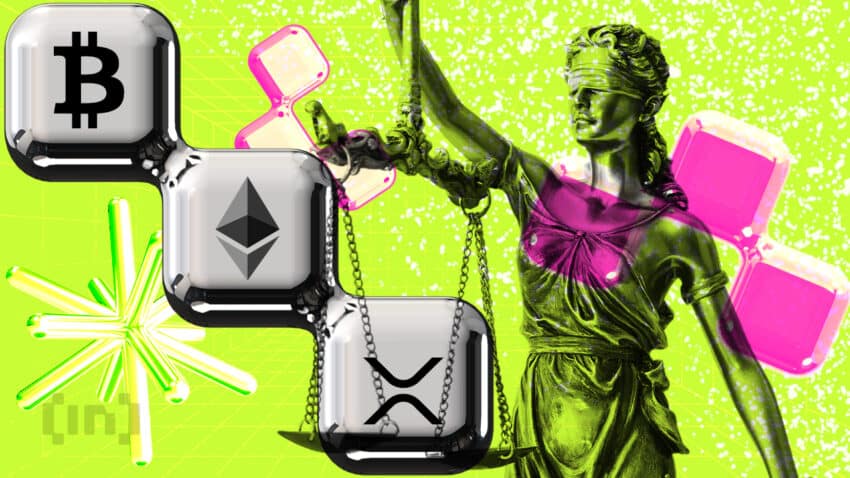
The Fight For Decentralized Finance (DeFi) Regulation
Senator Cynthia Lummis voices strong concerns over recent regulatory actions by the Biden administration that target the decentralized finance (DeFi) sector. She challenges the Department of Justice’s interpretation that non-custodial software platforms, like digital wallets, should be regulated as money transmission services. This perspective contradicts existing Treasury guidelines and raises concerns about property rights and the rule of law.
Senator Lummis Stands Firm For DeFi
- Lummis vows to fight against the DOJ’s aggressive stance on non-custodial software.
- She emphasizes the importance of defending individual rights to hold their own keys and run their nodes.
“I will do everything I can to fight for your rights to hold your own keys and run your own node,” Lummis stated.
At a time when crypto assets like Bitcoin are gaining mainstream acceptance, the regulatory issues surrounding DeFi raise critical questions about balancing innovation with regulatory compliance and individual freedoms.
The Backlash Against DOJ’s Stance
- Many in the crypto community fear that excessive regulations could hamper DeFi’s growth.
- Advocates argue that strict regulations might stifle technological innovation and hinder the US’s leadership in digital finance.
Recent legal actions highlight the increasing tensions between regulators and the crypto industry. The Department of Justice has pursued criminal charges against individuals associated with Bitcoin mixers like Samourai Wallet and the Tornado Cash platform, accusing them of unlicensed money transmission. Additionally, the Securities and Exchange Commission (SEC) has targeted major DeFi platforms, such as Uniswap, signaling potential enforcement actions.
Challenges Faced By DeFi Platforms
- Uniswap’s founder criticizes the SEC’s approach, defending the platform’s legality and its role in modernizing financial systems.
- Consensys, known for MetaMask wallet, files a lawsuit against the SEC challenging the classification of Ethereum as a security and criticizing the agency’s stance towards developers and investors.
The ongoing regulatory scrutiny of DeFi platforms and cryptocurrencies reflects the growing challenges faced by the industry in navigating legal frameworks and compliance requirements while fostering innovation.





 By
By
 By
By
 By
By
 By
By

 By
By